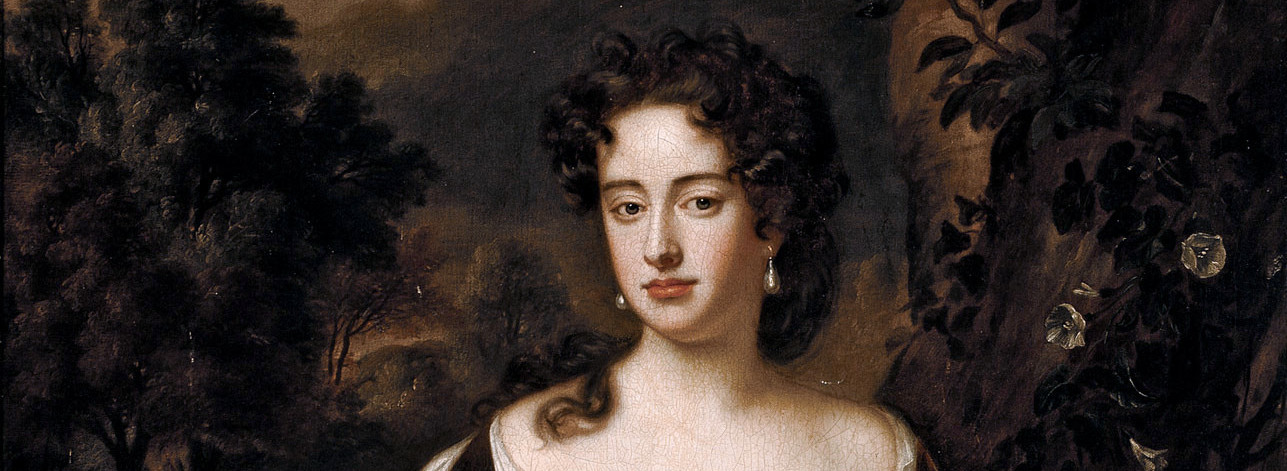
Take any event — the death of Queen Anne, for example — and consider what changes can take place in its characteristics. That it is a death, that it is the death of Anne Stuart, that it has such causes, that it has such effects — every characteristic of this sort never changes. ‘Before the stars saw one another plain’, the event in question was the death of a queen. At the last moment of time — if time has a last moment — it will still be the death of a queen. And in every respect but one, it is equally devoid of change. But in one respect it does change. It was once an event in the far future. It became every moment an event in the nearer future. At last it was present. Then it became past, and will always remain past, though every moment it becomes further and further past.
— J.M.E. McTaggart, The Nature of Existence, 1927
(McTaggart argued that these varying properties of Anne’s death constitute a paradox. “Past, present, and future are incompatible determinations,” he wrote. “Every event must be one or the other, but no event can be more than one. … But every event has them all.” Hence time is unreal.)
